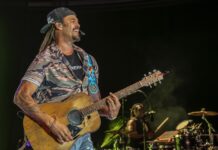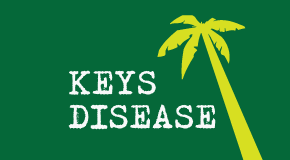It was past deadline last week when I learned of the death of one of the last century’s most significant people: Nelson Mandela. Along with people like Martin Luther King, Jr. and Mahatma Gandhi, Mandela became one of the most outspoken advocates for human rights in the 20th Century.
Not totally unexpected in the modern social media world of instant opinion-mongering, several people posted online social media messages about how bad a man Mandela was in his ANC days prior to his 27-year incarceration. They threw around words like “terrorist” in their attempts to portray him as an evildoer. I suppose that’s to be expected in these days of poison pen posts and emails. Unfortunately, these misguided messages just aren’t accurate. Let’s try and keep a bit of perspective and reality in the discussion about Mandela and his place in history.
South Africa was a nation where the black majority was systematically suppressed and disenfranchised by the white Afrikaner minority. Equality and human rights were distant and unattainable concepts for most South Africans. Equal opportunity is still something they’re working on. As is most often the case when people are oppressed, the oppressed rose up against their oppressors. Yes, a branch of the African National Congress that Mandela was involved with did indeed plot acts of sabotage against military installations, power plants, and other government facilities – at night, when no one was present – so as to avoid the loss of life or injury. These acts of sabotage were carried out in this manner specifically to offer the best hope for reconciliation of the races afterward. Mandela always knew that the only way South Africa would heal was for blacks and whites to learn to live and work together. Bloody violence would not help achieve that goal.
Compare the struggle in South Africa to other revolutions around the world – revolutions that were truly violent. If one is to call Nelson Mandela a terrorist, then the term also applies to other revolutionaries like George Washington, Thomas Jefferson, Benjamin Franklin, Paul Revere, Samuel and John Adams, Francis Marion, and other American Patriots. The American Revolution (as well as most other revolutions around the world) was far more violent than what happened in South Africa. It’s funny how entrenched interests desiring to maintain their position can appropriate the word “terrorist” to suit their needs. I’m sure the British considered the American Revolutionaries terrorists as well. Yet without those “terrorists,” what would our nation be like today?
Considering all he went through, Mandela could have easily adopted a mindset of hate and retribution. He was oppressed, disenfranchised, and imprisoned for 27 years for daring to be outspoken and black in apartheid South Africa. But somewhere along the line, he learned to abandon the negative and embrace love and forgiveness as he led South Africa into perhaps the most peaceful revolution humanity may have ever seen. He preached a message of reconciliation and racial unity. He encouraged the oppressed to forgive their oppressors. He even invited his jailers to sit in an honored position in the front row at his presidential inauguration. So if there is no hope for the future and no chance for redemption, if your narrow mindset does not allow for people to grow and change and do great things, then go ahead and call Mandela a terrorist.
And then you had better take a closer look at those Founding Fathers you so idolize.






















